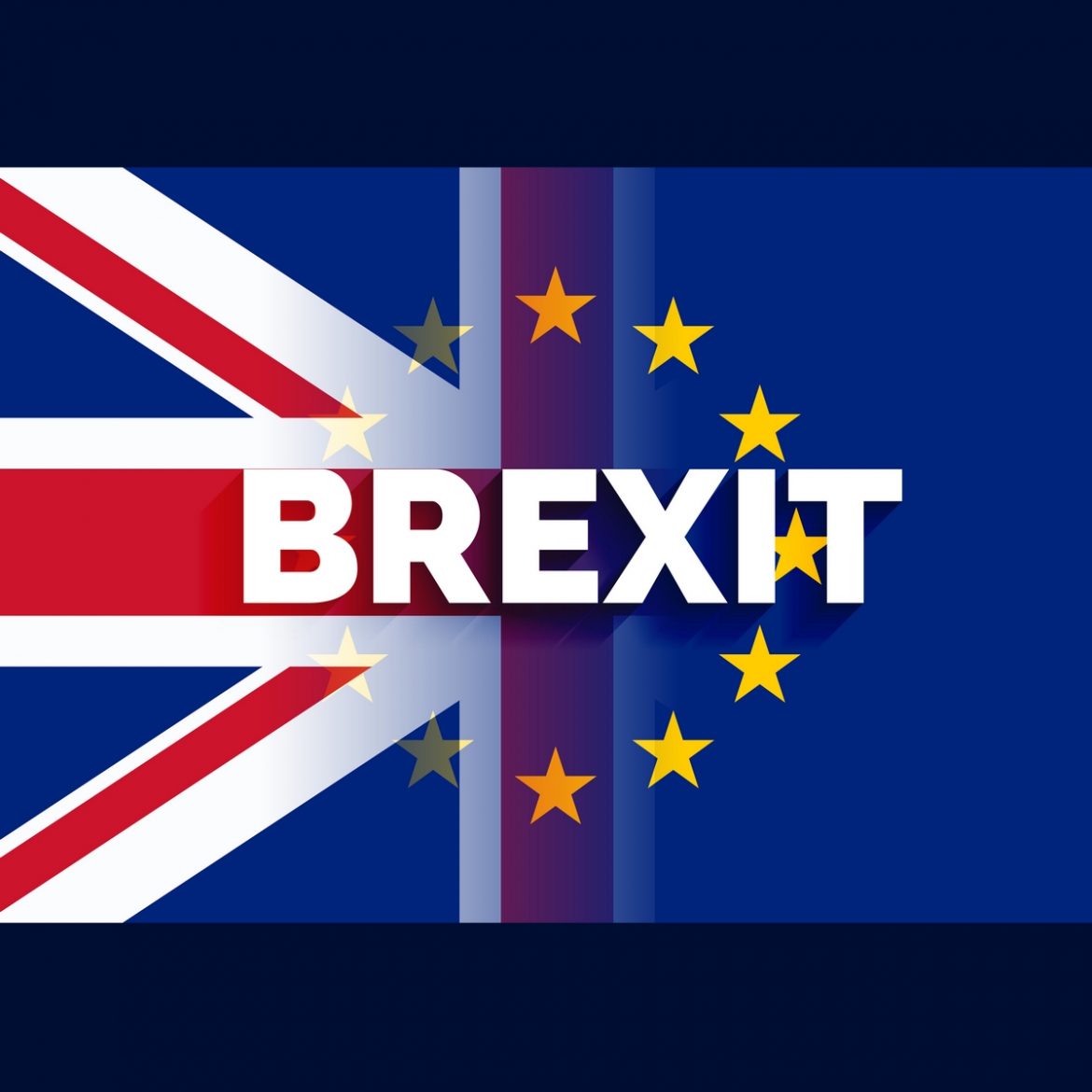In the annals of history, few events have reverberated across the globe with the seismic force of Brexit. As Britain’s momentous decision to exit the European Union unfolded, it was as if the very foundations of the geopolitical landscape were shaken to their core. The aftershocks of this monumental departure sent shockwaves rippling through corridors of power, boardrooms, and living rooms alike, sparking a whirlwind of debates, discussions, and deliberations.
Brexit wasn’t just a political maneuver; it was a tectonic shift that reshaped the contours of international relations, leaving policymakers, economists, and citizens on both sides of the English Channel grappling with the profound implications. Overnight, the world watched as alliances were tested, trade agreements renegotiated, and the fabric of European unity strained to its limits.
For policymakers, Brexit posed a daunting challenge: how to navigate the uncharted waters of a post-Brexit world while safeguarding the interests of their nations and constituents. Economists found themselves poring over forecasts and projections, trying to anticipate the economic fallout and devise strategies to mitigate its impact. And for citizens, Brexit ignited a firestorm of emotions, from uncertainty and anxiety to hope and defiance, as they grappled with the uncertainty of what lay ahead.
In the wake of Brexit, the global community found itself thrust into uncharted territory, grappling with the complexities of untangling decades of political and economic integration. As the dust settled and the implications of Brexit began to crystallize, one thing became abundantly clear: the reverberations of this historic decision would be felt for generations to come.
Brexit wasn’t just about the UK severing ties with the EU; it was a profound redefinition of national identity and sovereignty in an increasingly interconnected world. The decision to leave the EU reflected deep-seated concerns about immigration, economic autonomy, and political governance, underscoring the complexities of modern democracy and the tensions between nationalism and globalization.
At its core, Brexit represented a seismic shift in the balance of power within Europe and beyond. The UK’s departure from the EU upended decades of political and economic integration, challenging the very foundations of the European project. It sparked debates about the future of the EU, the rise of populism, and the fragility of multinational alliances in an era of resurgent nationalism.
Moreover, Brexit exposed fault lines within British society, revealing stark divisions between urban and rural areas, young and old, and different regions of the UK. The referendum laid bare deep-seated grievances and disparities that had long simmered beneath the surface, fueling debates about identity, inequality, and the distribution of wealth and opportunity.
In the years since the Brexit vote, the UK and the EU have grappled with the complexities of disentangling their economies, renegotiating trade agreements, and redefining their relationship on the world stage. The process has been fraught with challenges, setbacks, and uncertainties, with profound implications for businesses, communities, and individuals on both sides of the English Channel.
Looking ahead, Brexit continues to shape the trajectory of European politics and economics, with profound implications for the future of the UK, the EU, and the global order. As the dust settles and the implications of Brexit become clearer, it is essential to reflect on the lessons learned and chart a course towards a more stable, prosperous, and interconnected future for all.



